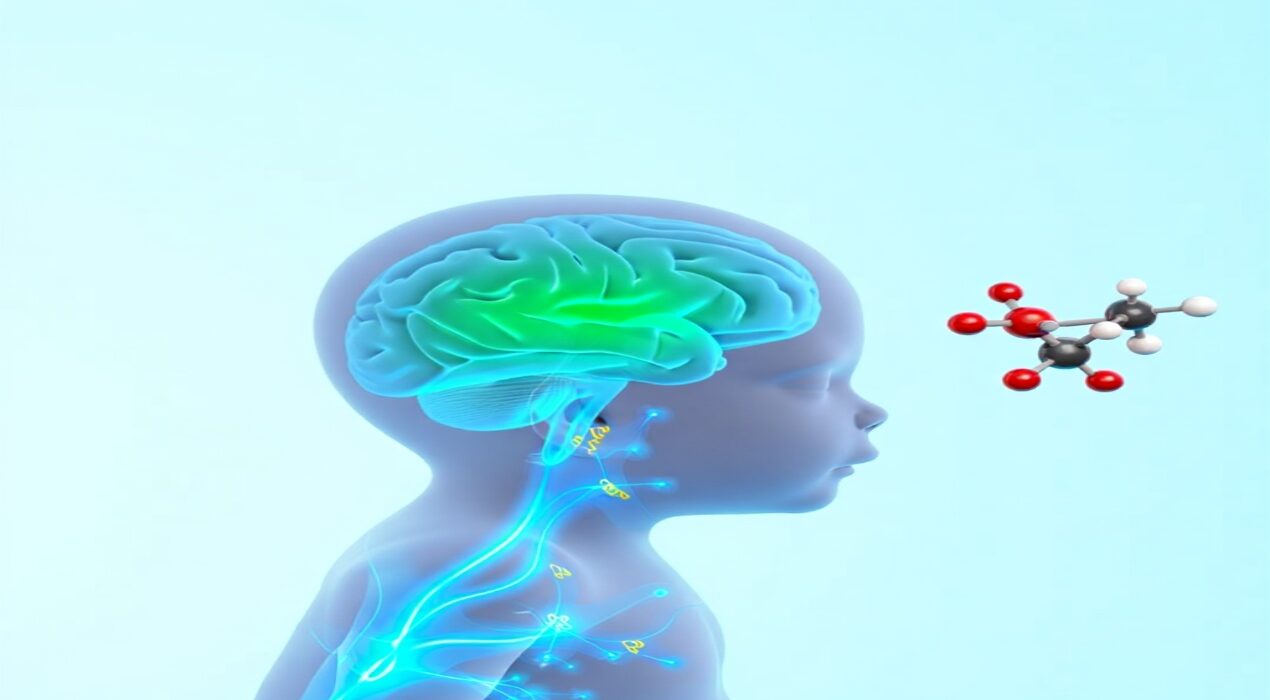A comprehensive new review led by Harvard T.H. Chan School of Public Health has raised concerns about the use of acetaminophen (commonly known as Tylenol or paracetamol) during pregnancy. Researchers analyzed 46 studies worldwide and found consistent evidence that prenatal exposure may increase the likelihood of children developing neurodevelopmental disorders such as autism and ADHD.
The study, published in BMC Environmental Health, was spearheaded by scientists from the Icahn School of Medicine at Mount Sinai in collaboration with Harvard and other institutions. Senior author Andrea Baccarelli, dean of the faculty at Harvard T.H. Chan School of Public Health, emphasized that while acetaminophen remains critical for treating pain and fever during pregnancy, caution is needed.
“We recommend judicious acetaminophen use — lowest effective dose, shortest duration — under medical guidance, tailored to individual risk-benefit assessments, rather than a broad limitation,” the researchers wrote.
High fever itself can endanger fetal health, raising the risk of neural tube defects and preterm birth. However, prolonged acetaminophen use—especially for four weeks or longer—appears to be most strongly associated with higher risks of autism and ADHD, according to Baccarelli.
In response, the U.S. Food and Drug Administration (FDA) announced it will urge clinicians to exercise greater caution when prescribing acetaminophen during pregnancy. Baccarelli stated that he had shared his team’s findings directly with Health and Human Services Secretary Robert F. Kennedy Jr. prior to the FDA’s announcement.
“Further research is needed to confirm the association and determine causality,” Baccarelli added. “But based on existing evidence, I believe that caution about acetaminophen use during pregnancy — especially heavy or prolonged use — is warranted.”
The study was funded by the National Cancer Institute, the National Institute of Environmental Health Sciences, and the National Institute on Aging.
Harvard Study Links Tylenol Use in Pregnancy to Higher Autism and ADHD Risk






